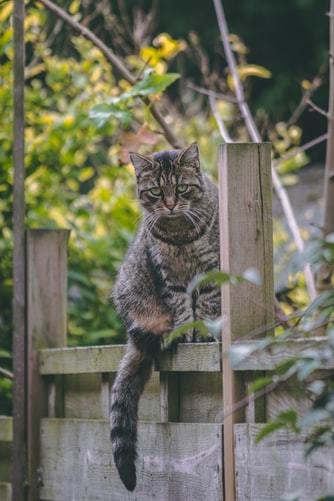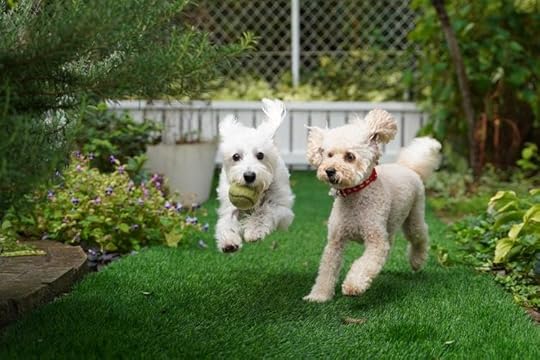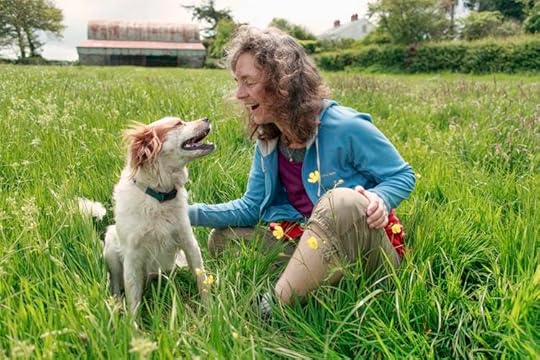Creating a Pet-Friendly Garden

Now
that March is upon us and, according to the calendar, spring arrives in a few
weeks, many of us start to plan landscaping and gardening projects. However,
our pets are apt to come into contact with things in those gardens that are
harmful, whether the plants themselves or products we use to grow our flowers,
vegetables, and grass. Therefore, be mindful as you plan that new flower garden
or enrich the lawn.
When
considering creating a pet-friendly garden, remember that there are many types
of plants which are toxic to dogs and cats and that some yard and garden
products can also harm our animals.

Plants Toxic to Pets
What
types of plants are pet-friendly? Which ones are harmful? From flowers to
vines, shrubs to herbs, some types of flora can make our pets sick … or
worse. Here’s a short list of plants we pet parents should either avoid putting
in our yards or fence around so that our beloved furry friends cannot come in
contact with them:
Aloe
Azalea
Branching/English
Ivy
Calla
Lilly (most lilies in fact!)
Chives
Foxglove
Nightshade
Sorrel
Winterberry/Oregon
Holly (also called English Holly)

Pet-Friendly Plants
Although
there are many flowers, shrubs, trees, herbs, and other plants which can be
toxic to our dogs and cats, thankfully, there are dozens of others that do
not harm our animals. Some of those include:
Alyssum
Boston
Fern
Canterbury-bell
Chervil/French
Parsley
Coneflowers/Echinacea
Hens
& Chicks
Cilantro
Snapdragons
Gerber
Daisy
Oregon
Grape
Pansies
Rose
Rosemary
Sunflower
Zinnia
Find
a complete list of toxic and nontoxic plants at this ASPCA website: https://www.aspca.org/pet-care/animal-poison-control/toxic-and-non-toxic-plants.

Yard and Garden Products Can be Harmful
In
addition to the plants themselves, yard and garden
products
can be hazardous to our pets. Mulch made from cocoa beans, for example, are
tantalizing for many pets and can cause sickness, seizures, even death.
Fertilizers that contain blood and/or bone meal are tasty for animals, but also
dangerous, causing pancreatitis
and poisoning.
As
you plan your landscaping and gardening projects for the spring and summer, you
may find these additional websites valuable resources:
https://www.rover.com/blog/dog-friendly-gardening/
https://www.rover.com/blog/10-safe-plants-dogs-can-add-almost-garden-right-now/
https://www.epicgardening.com/pet-safe-garden/
https://www.southernliving.com/garden/flowers/pet-friendly-plants
Pet Poison Helpline
If
you believe your pet has been poisoned, whether from medications, household
products, plants, or lawn and gardening products, contact the Pet Poison
Helpline at 855-764-7661.
Happy
& Safe Gardening!




